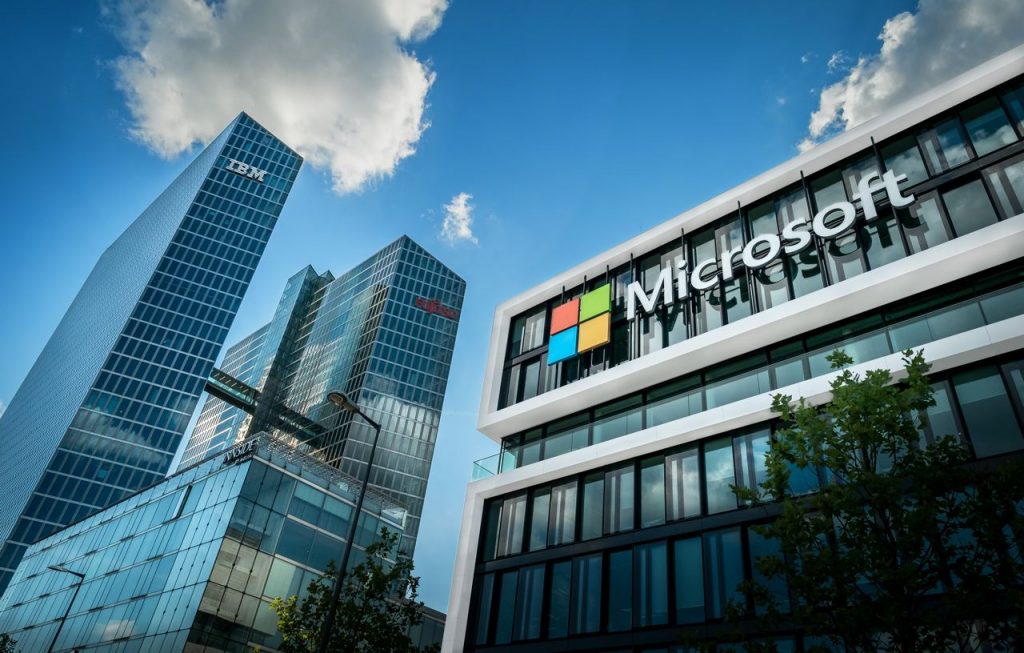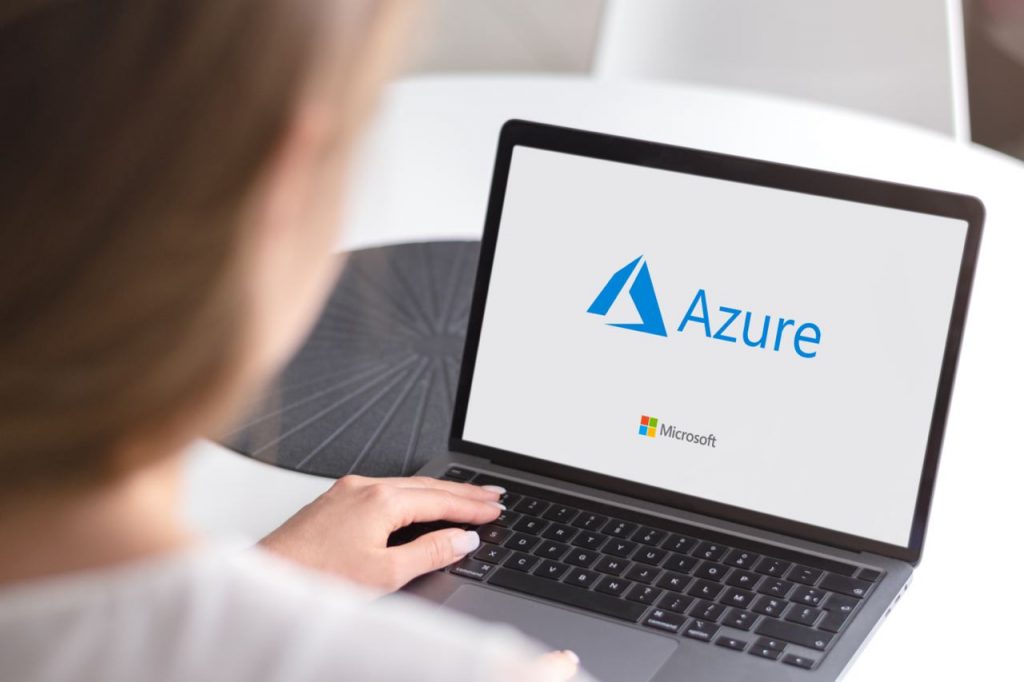Manufacturing is a critical part of the global economy, and it’s only going to become more important in the years to come. As factories become more automated and products become more complex, the need for a robust manufacturing sector will only increase.
But as anyone who’s been in the manufacturing business knows, it can be difficult to keep up with the latest trends. That’s where blockchains come in. Blockchains are a new technology that could revolutionize the manufacturing sector, making it easier than ever to track products and keep tabs on suppliers.
In this blog post, we’ll discuss the role of blockchains in manufacturing and explore some of the ways they could be used to improve the sector.

What is Blockchain?
Blockchain is a decentralized database that stores all transaction records in a chronological order and can be accessed by multiple parties. Each block contains data that links it to previous blocks, creating a distributed ledger that is virtually transparent, secure and unchangeable. We can say that blockchain is related to the supply chain. The technology is being used by supply chain management companies to track the movement of goods and verify their authenticity.
Blockchain offers a secure way for companies to keep track of their products, ensuring that they’re always in stock and that customers are receiving what they pay for. The use case for block chain in manufacturing could also be used to manage the storage of information related to a particular product. The information might be used to track its usage and maintenance over time.
Blockchain Industry
The blockchain industry is growing at an exponential rate, with over 500 new projects launched each month. While many of these projects are simple proof-of-concepts or small-scale pilots, others are becoming large companies worth billions of dollars. Blockchain has been called “the next big thing” since at least 2013 and there is growing evidence that it will be a disruptive technology that has far-reaching implications for industries ranging from retail to healthcare to government services.
The blockchain provides a platform to create new industries. The technology is being applied in a wide range of industries, including banking and finance, government, health care, supply chain management, logistics and many others.
In the supply chain industry blockchains has been used to manage shipping documents like bills of lading, shipping insurance policy and other related documents. Blockchains technology also helps in recording transactions between various parties in an efficient manner.

Blockchain operations
Blockchain in operations has many potential benefits for industries such as manufacturing, retail and e-commerce. This technology has been used in many different industries, including finance, healthcare and music.
Here are some of them:
- Help and improve supply chain visibility and traceability
- Reduce counterfeiting and fraud in supply chains
- Reduces costs associated with handling documents by eliminating paper trail related errors
- Help reduce errors during documents processing as it eliminates manual processes that cause errors or delays
- Prevent document fraud by creating a tamper-resistant system that prevents unauthorized changes in documents or data
Main applications of blockchain technology:
Blockchain technology is being used in many different sectors. Here are some of the main applications: International Payments, Capital Markets, Trade Finance, Regulatory Compliance and Audit, Money Laundering Protection, Insurance and Peer-to-Peer Transactions.
How can companies use the technology to optimize manufacturing?
The technology can be used in a variety of ways, including:
- Monitoring and detecting if a machine is out of alignment
- Automatically adjusting the machine to keep it in line with the other machines
- Connecting up multiple machines together and controlling them all from one location
- Actively monitoring your production lines, so you can make sure they’re running smoothly
In terms of cryptocurrency value, Bitcoin makes up nearly 40% of the total, which makes it the most popular block chain in the world. Blockchains will enable people to take control of their own financial lives, whether that’s sending money abroad or paying bills through a mobile phone app. It will also allow us to do things we can’t do with existing systems: it can secure data storage and allow for payments without relying on banks or government authorities

Blockchain in manufacturing
Blockchain is a technology that can be used in manufacturing. It is a way of keeping records of transactions, which are then shared across multiple parties, without compromising the integrity of the data. This allows for the sharing and tracking of information in a secure manner, which can help improve efficiency and transparency in the supply chain.
It is a revolutionary, game changing technology that will revolutionize the way we do business. It is an incorruptible digital ledger of economic transactions that can be programmed to record not just financial transactions but virtually everything of value.

Examples:
As one of the most prominent companies embracing blockchain, IBM has prioritized it in its business model for the future. Blockchain is being used by companies across a wide range of industries on Microsoft’s Azure platform.
There are many other companies that supply to blockchain. The most common ones are: IBM, Microsoft, Oracle, SAP SE, HPE, Dell Technologies Inc (DELL) and Cisco Systems, Inc (CSCO)
Final Thoughts
The future of blockchains in manufacturing is bright. While there are many different types of blockchain technology available, the most widely used is a permissioned blockchain that allows only authorized nodes to participate. This type of blockchain is commonly referred to as a private blockchain.
Private blockchains are useful in situations where there are certain restrictions on who can participate, such as when using it for data storage or tracking transactions. They also have the advantage of being able to be updated with new data without requiring consensus from all participants, which is not always possible with public blockchains.
Private blockchains are also useful when there are any number of parties involved — say, suppliers and buyers — who need to share information but don’t want anyone else to see it.



